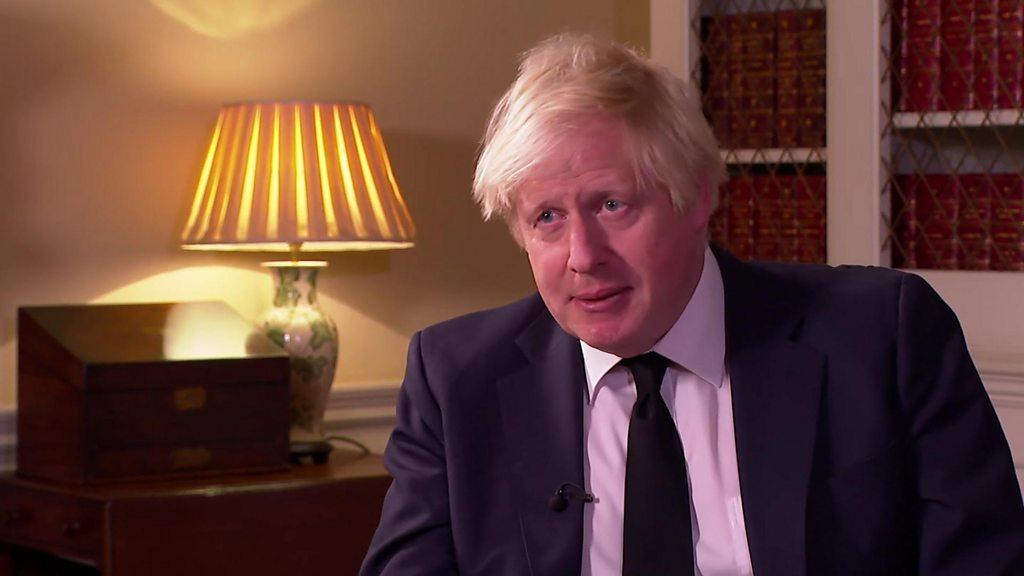Southend West by-election: The candidates standing after Sir David Amess' death
- Published
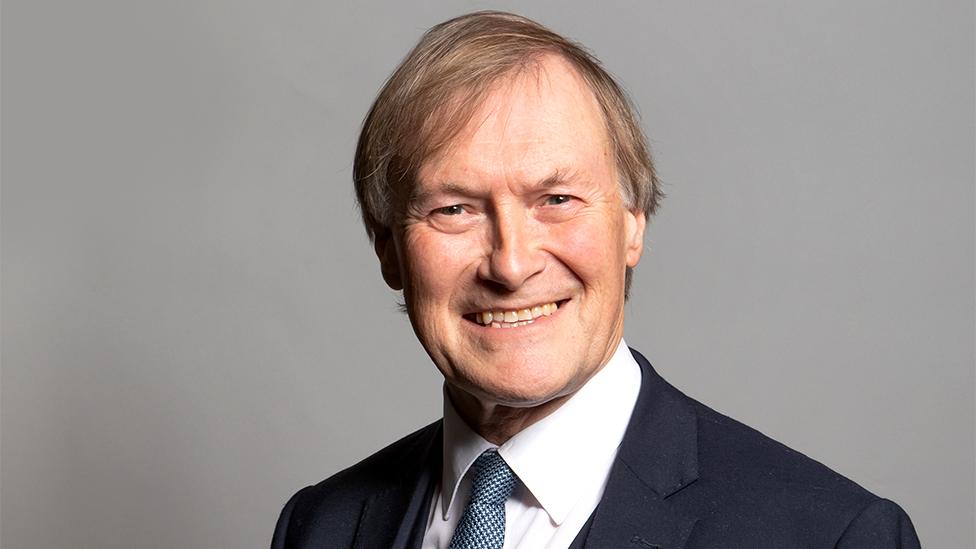
Sir David Amess had been an Essex MP since 1983
Eight candidates will contest a by-election, external in Southend West following the death of Sir David Amess, who was fatally stabbed during a constituency surgery in October.
He had been the MP for the constituency since 1997.
As well as the Conservative candidate, there will be one independent and representatives from the Freedom Alliance, English Democrats, Heritage Party, UKIP, the English Constitution Party, and the Psychedelic Movement.
Another independent candidate will also appear on the ballot paper but said she no longer wanted to be considered.
Labour, the Liberal Democrats and Green Party announced they would not field a candidate as a mark of respect for Sir David.
The vote takes place on 3 February.
Southend West has been held by the Conservatives since its creation in 1950, with Sir David elected on an increased majority of more than 14,400 votes at the 2019 general election.
Issues likely to be in voters' minds are a lack of GPs in the area, crime, anti-social behaviour and Covid restrictions.
The newly designated city also has a hospital under pressure, as last month, the Care Quality Commission demanded changes must be made across services at Mid and South Essex NHS Foundation Trust - which runs Southend's hospital.
We asked each candidate why they should be elected.
The full list of candidates (in alphabetical order of surname):
Christopher Anderson - Freedom Alliance
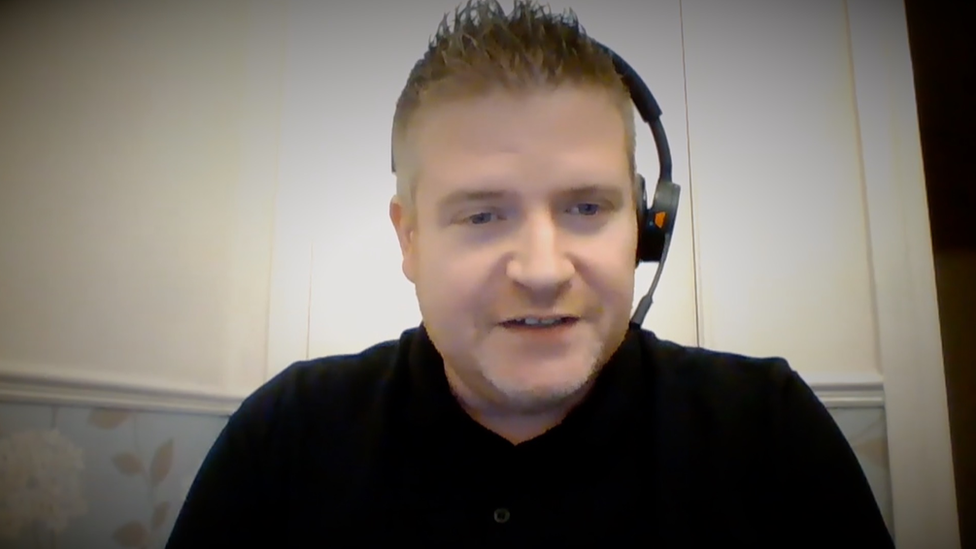
Christopher Anderson does not agree with vaccine mandates and lockdown measures
Freedom Alliance candidate Christopher Anderson, from Eastbourne, East Sussex, says he is standing because after the "tyranny of lockdowns and vaccination mandates", it was important for "anyone who can be articulate and understand the issues, which I felt I did, to stand up and make their voice heard".
He adds he always felt "quite disenfranchised with the [electoral] system due to the first past the post system" and that, in the future, he would like to see "direct democracy".
"Representative democracy allows individuals possibly to be bribed and manipulated by interests with far more money than any individual voter could acquire," he says.
"There might be a limited role for some representative politics but I think the final say, especially on major issues like education and hospitals, should be with the people."
In the short term, though, he advocates "more proportional representation, which would give smaller parties more of a say".
While Mr Anderson is against vaccine mandates and lockdown measures, he says that as a "libertarian, if people choose to have the Covid vaccine with fully informed consent, then that's fine".
But he also says the public have been "completely denied" Ivermectin, a medication he claims works against Covid.
Ivermectin has, for some years, been a vital anti-parasitic medicine used to treat humans and animals but the health authorities in the United States, UK and European Union found there is insufficient evidence for using the drug against Covid.
Watch an interview with Christopher Anderson here.
Catherine Blaiklock - English Democrats
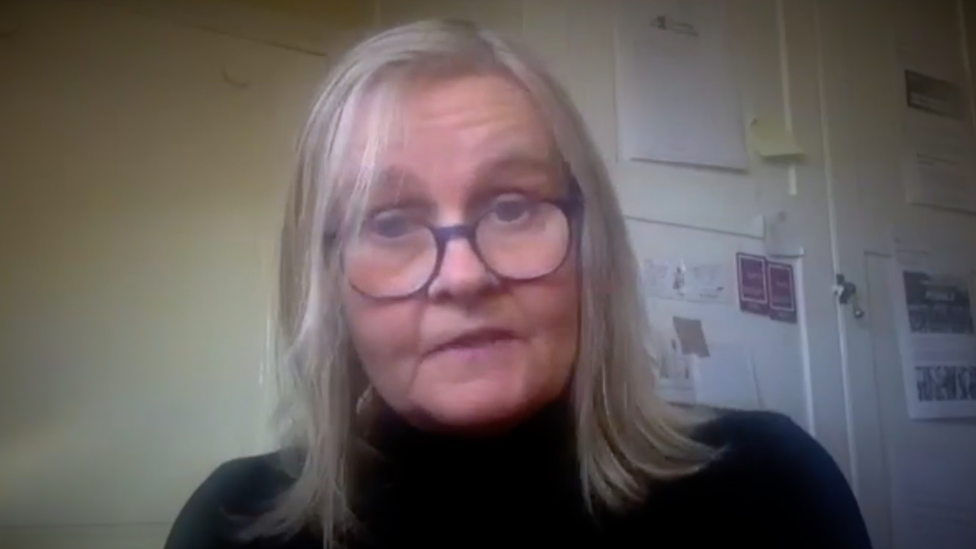
English Democrat Catherine Blaiklock says the country needs "to look at the cost of immigration"
English Democrat Catherine Blaiklock, who lives in Norfolk, says the country needs "to look at the cost of immigration and what else is happening in the country in terms of other costs".
"I'm particularly interested in fuel costs, inflation, tax rises and standard of living drops, particularly the fuel issue," she says.
"We have a massive housing crisis in this country, we have council house queues... we basically can't sustain our health service [and] our roads.
"Even people who are pro immigration have to accept that there is a finite amount of land in our country, there is a finite amount of housing that can possibly be put up and there's a finite amount of money that the NHS and other people can have."
She adds she would tackle problems in the NHS by tying trained doctors to work within it, as many either train and work part-time or "decide they don't like it".
"It's simple," she says, "[you do] the same as you do with the Army. If you're trained, you're contracted for 10 years."
To tackle the cost of living crisis, the UK should "go full blast on exploration of oil and gas in the North Sea and build gas storage," she says.
"We have continued to build green energy... it is unreliable, we will end up with more people dying of hypothermia in the next five years than we ever will from climate change."
Watch an interview with Catherine Blaiklock here.
Olga Childs - Independent
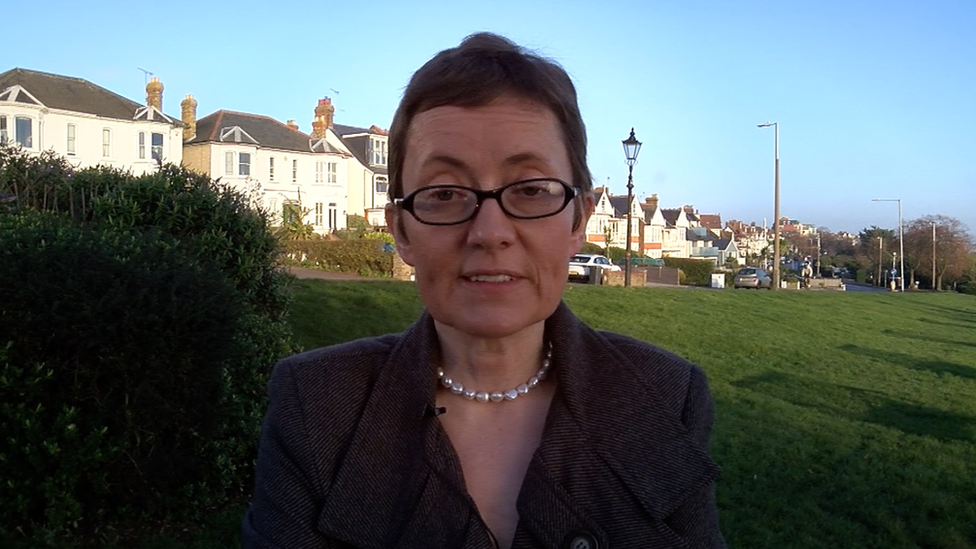
Independent candidate Olga Childs no longer wants to be considered
The name of independent candidate Olga Childs will also appear on the ballot paper but she says she no longer wants to be considered.
In a statement on Twitter, external, she says her decision is "due to unexpected concerns related to my health".

Ben Downton - Heritage Party
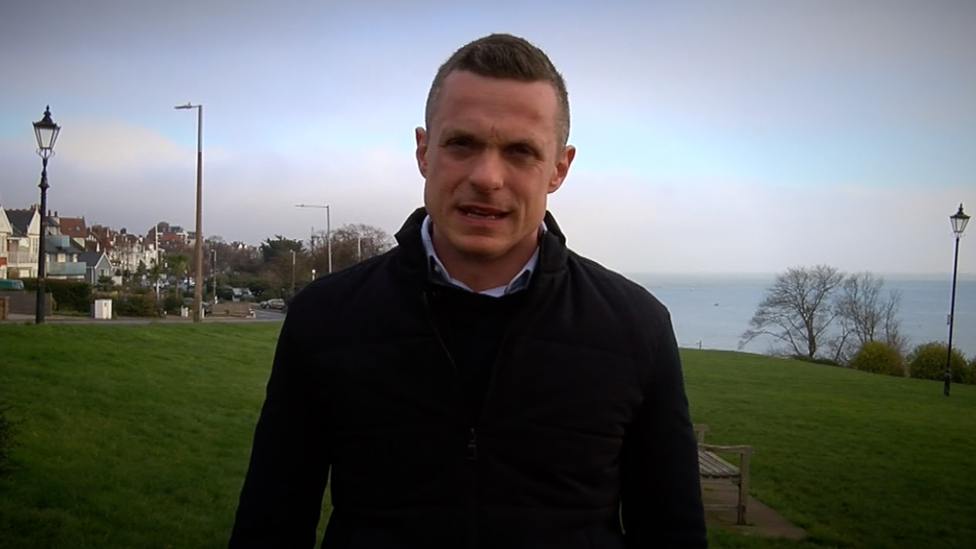
Representing the Heritage Party, Ben Downton says he is "standing for common sense"
Representing the Heritage Party, Ben Downton says he is "standing for common sense" and "traditional British heritage" and against "coercion" with relation to Covid vaccines. He is also calling for immigration to be "better managed".
The candidate, from Benfleet, says: "I've never been in politics before but one thing I know is that we need better leadership.
"People can't stand this hypocrisy that we're getting, people need better."
He adds that it's "not right" that doctors, nurses and care home workers are due to be laid off because they have not had a Covid vaccine.
"I'm not against vaccination, vaccinations are good for some people but not for others, the coercion is not fair," he says.
"It just starts with good leadership, common sense policies, none of this coercion, none of this coronavirus act which is just tyrannical. It's no good for anybody."
He adds that immigration "isn't a bad thing" but people "have to come through a process".
"It needs to be managed better," he says. "At the moment, it's out of control, people are just coming up on the shores, they're coming into the country and it's taking away people's jobs and opportunities in the UK."
Watch an interview with Ben Downton here.

Anna Firth - Conservative Party
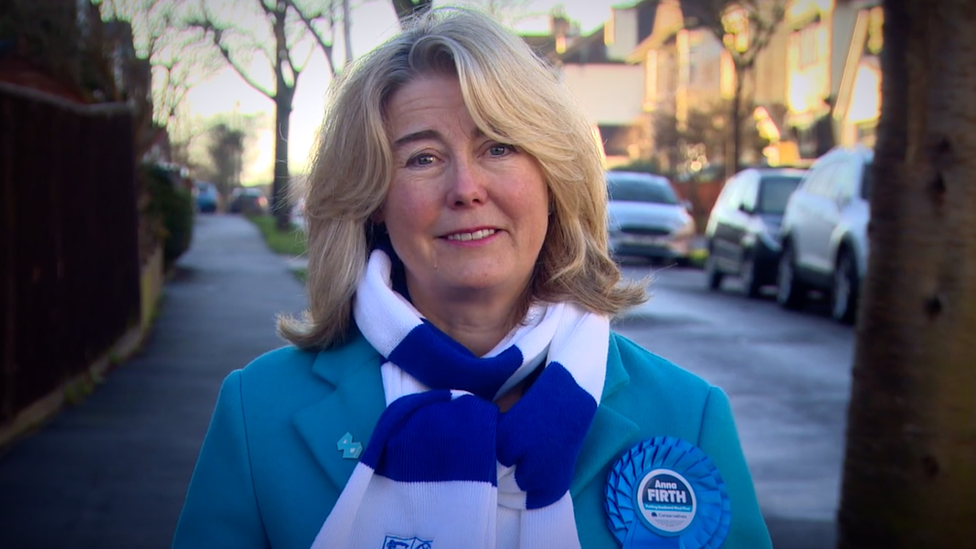
Anna Firth says she is standing to "preserve Sir David Amess' legacy"
Anna Firth, who moved back to her hometown of Leigh-on-Sea from Kent after being selected, says she is standing to "preserve Sir David Amess' legacy".
"That means making the most of city status, that means getting more police officers and making our streets safer, that means getting better health care, improving our hospital, getting back to face-to-face GP appointments and that means supporting all our wonderful, successful businesses in Southend and community groups," she says.
"I want to make Southend on Sea the best seaside city in the country."
She says that now Southend was going to be a city, it needs to make the case to government that it needs "everything that goes with a city", such as "police officers and a police force commensurate with a city and more visible policing".
As far as health care is concerned, Ms Firth says she wants to petition the health secretary for more resources for Southend Hospital and work with GPs to get more patients back to face-to-face appointments.
"We as residents pay for the NHS and residents who want and need a face-to-face appointment deserve to get it and I'm determined to stand up for them and make that happen," she says.
Watch an interview with Anna Firth here.

Jayda Fransen - Independent
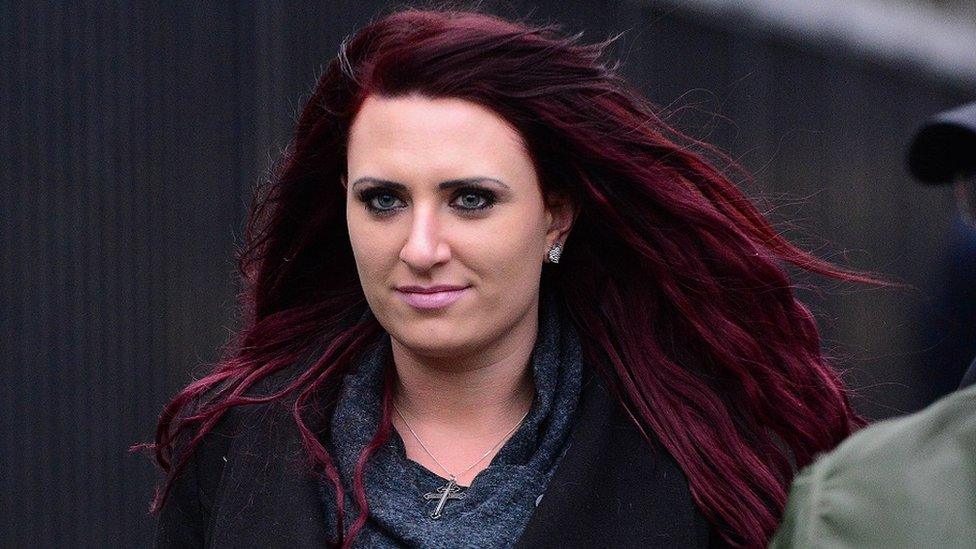
Jayda Fransen is standing as an Independent candidate
Ms Fransen, who listed her address as being in the North Down Constituency in Northern Ireland in her nomination papers, has not responded to requests for comment about her candidacy from the BBC.
The former acting leader of Britain First, a party which campaigns to "completely halt" immigration and "abolish the Human Rights Act", is standing as an independent.
She was convicted in 2019 for religiously aggravated harassment after being found guilty of stirring up hatred during a speech about Islam in August 2017.
Britain First registered as a political party in September after its application was approved by the Electoral Commission. It had been deregistered in 2017 after it failed to renew its registration on time.

Steve Laws - UKIP
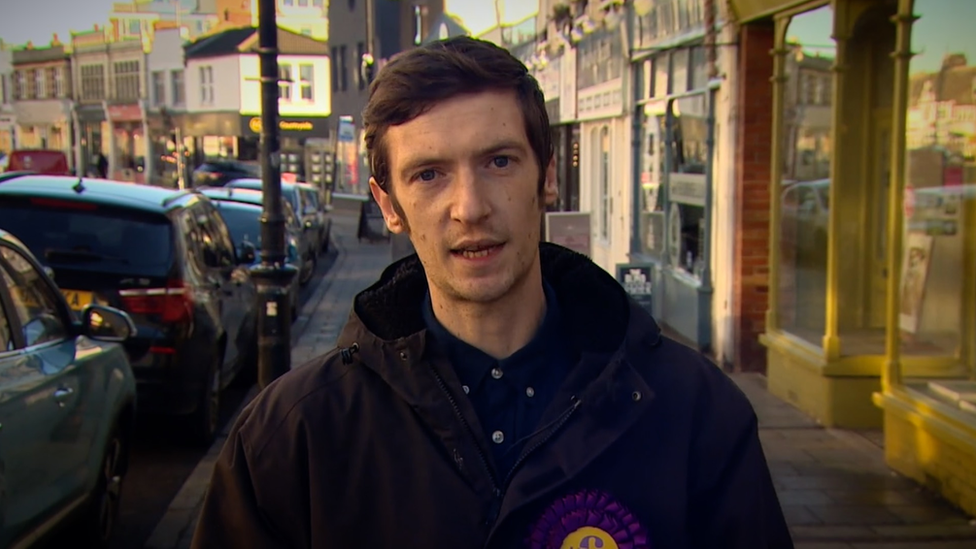
Steve Laws says he wants "to offer the normal people a voice"
Steve Laws says he is standing for election because he wants "to offer the normal people a voice".
"I want to offer the people that are forgotten about by the government, who have genuine concerns, whether it be from struggling to get a council house, struggling to get work, [or] your business decimated because of lockdowns, [a voice]" he says.
Mr Laws, who lives in Folkestone in Kent, says local people's main concerns are social care, housing, the failing high street and "councillors focussing on party politics rather than their local concerns".
He says immigration is holding up progress on these issues.
"Everyone I've spoken to has raised concerns about illegal immigration and immigration as a whole," he says. "They have other issues that are ahead of those but immigration is holding those issues back because all of the funding is getting diverted to other resources."
As far as the NHS is concerned, he says it is "not underfunded, [but] it is mismanaged" with money "not being spent properly".
"You've got all of these big diversity officers taking in massive wages and taking so much of the NHS budget away from small local things like A&E, where genuinely people need the help," he says.
"People like cancer patients getting ignored for their treatment because they are too focussed on giving people Covid jabs."
Watch an interview with Steve Laws here.

Graham Moore - English Constitution Party
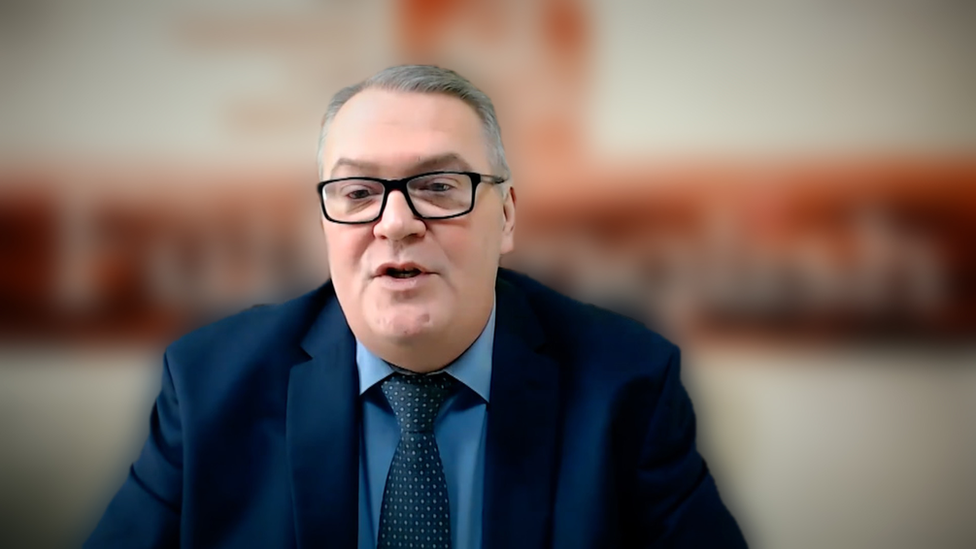
English Constitutionalist Graham Moore says he is "anti-coercion"
English Constitutionalist Graham Moore, from south east London, says that with his memories of cockles and whelks on the beach at Southend as a child, he supports the fishing industry in England because it has "been completely neglected by the British Parliament".
"As a country, and I speak of England, [we need] to make sure that the fishing industries are invested in because they are one of the sources of feeding the nation," he says.
He adds that the English Constitution Party is "completely opposed to any form of coercion", which at the moment includes Covid vaccines or restrictions.
"I am not anti-vaccine, I am anti-coercion," he says. "I am about free choice, which is what the English law supports."
Mr Moore says the English Constitution Party is one for "libertarians and real true Conservatives".
"Our manifesto is the English Bill of Rights, external, the Magna Carta, external, the Act of Settlement, external, so what we've got [are] constitutional Acts of Parliament which [are] acknowledged in law, so we therefore stand for liberty and freedom," he says.
"So when you get in a Parliament where the majority have voted - on both sides of the aisle - to take our liberties and freedoms, as an English Constitutionalist you stand up and say, 'no, we will not pass any law that takes the liberties and freedoms of the citizens of England'. End of."
Watch an interview with Graham Moore here.

Jason Pilley - Psychedelic Movement
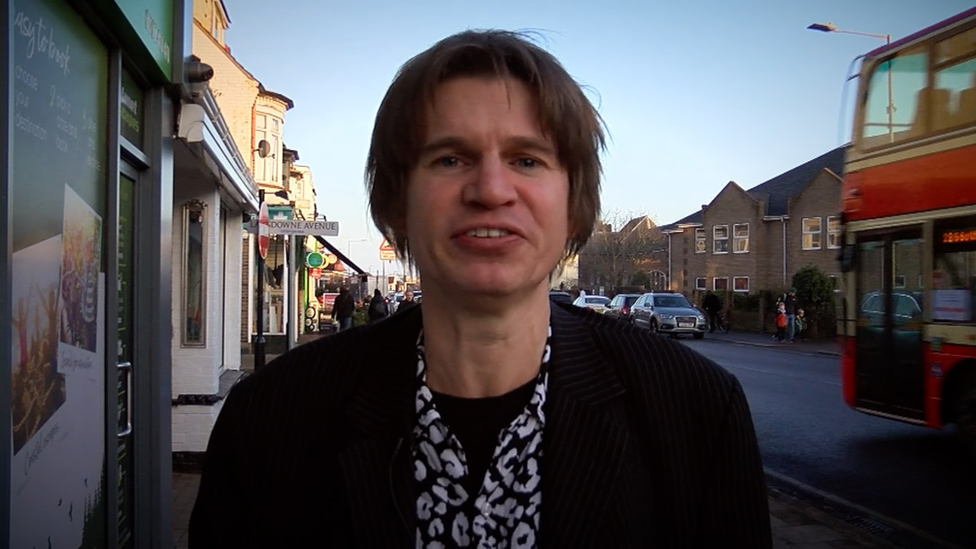
Jason Pilley's Psychedelic Movement wants to make cannabis a legalised and regulated industry
Jason Pilley, from Southend, says he is standing for election because "I'm Southend and if there's an election in my town I'm going to be standing in it".
He says the Psychedelic Movement's position was that when you look back at the 20th Century, "criminalising and crushing the hippies was one of the stupidest things we've done". The movement advocates regulating a "cannabis industry" because laws surrounding the drug have not worked.
"When you look at gang culture and knife crime - when you've got kids talking about peace and love, don't crush them, don't criminalise them," he said.
"The only effect of our cannabis laws is that over the last few decades we have funnelled untold billions of pounds to criminal gangs... It hasn't stopped the amount of cannabis on the streets, [the laws] have failed and they deserve to have failed."
He says cannabis can become an industry "like the alcohol industry".
"It will be taxed, controlled, it will be regulated. Literally nothing is 100% safe but regulating and controlling the cannabis industry - it will be a boon to society," he says.
Watch an interview with Jason Pilley here.

Find BBC News: East of England on Facebook, external, Instagram, external and Twitter, external. If you have a story suggestion email eastofenglandnews@bbc.co.uk, external
Related topics
- Published11 January 2022
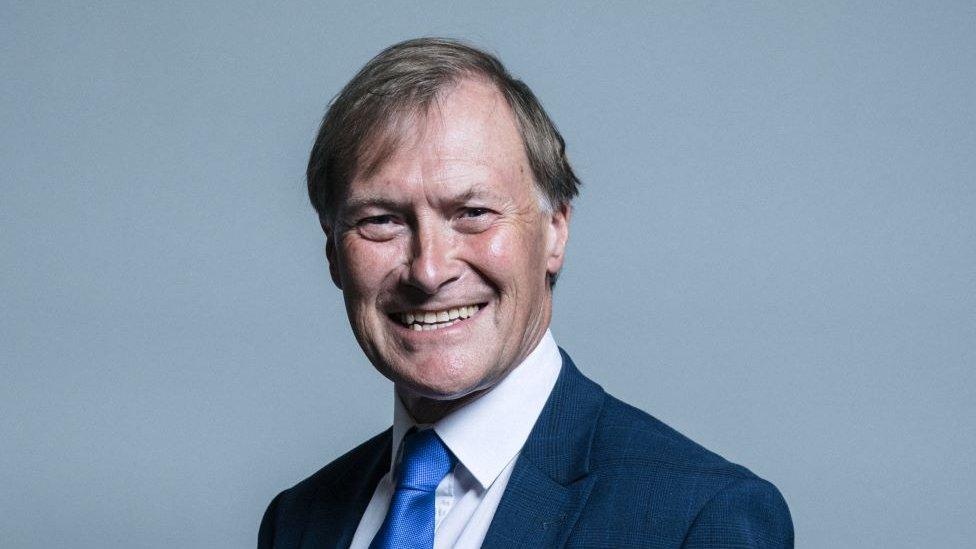
- Published11 December 2021
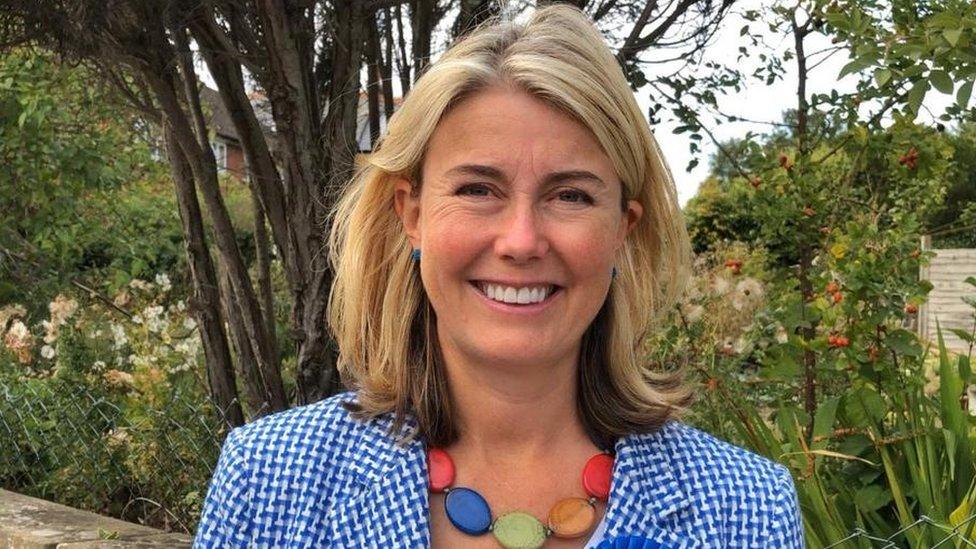
- Published23 November 2021
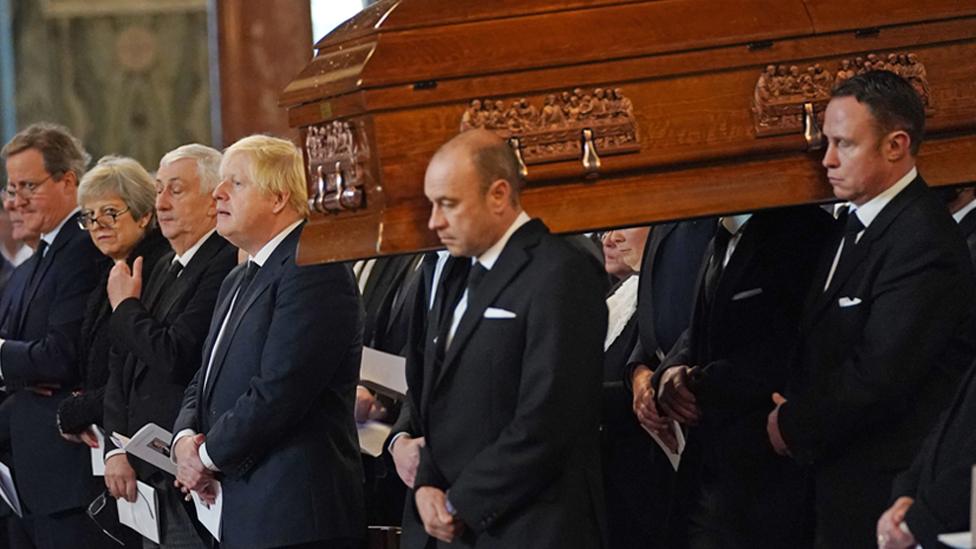
- Published22 November 2021
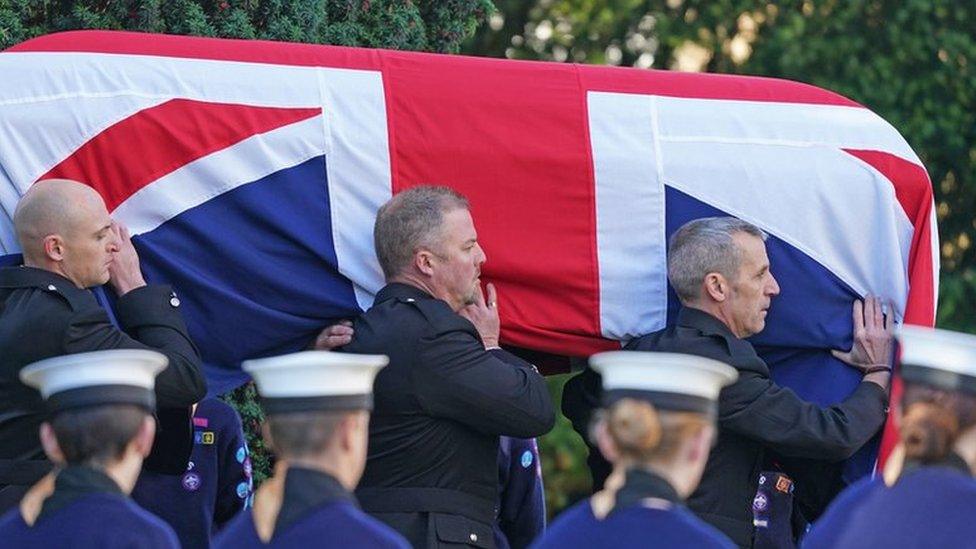
- Published18 November 2021
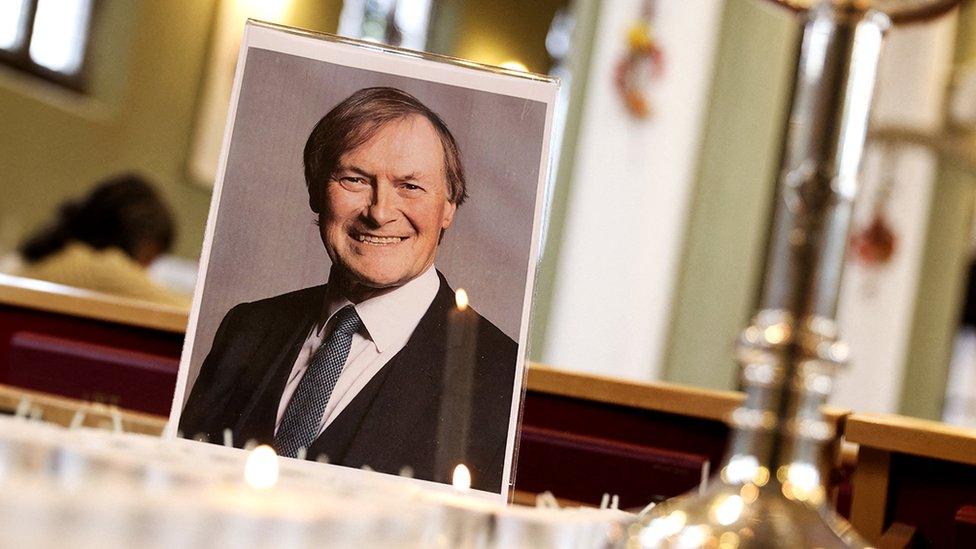
- Published22 November 2021
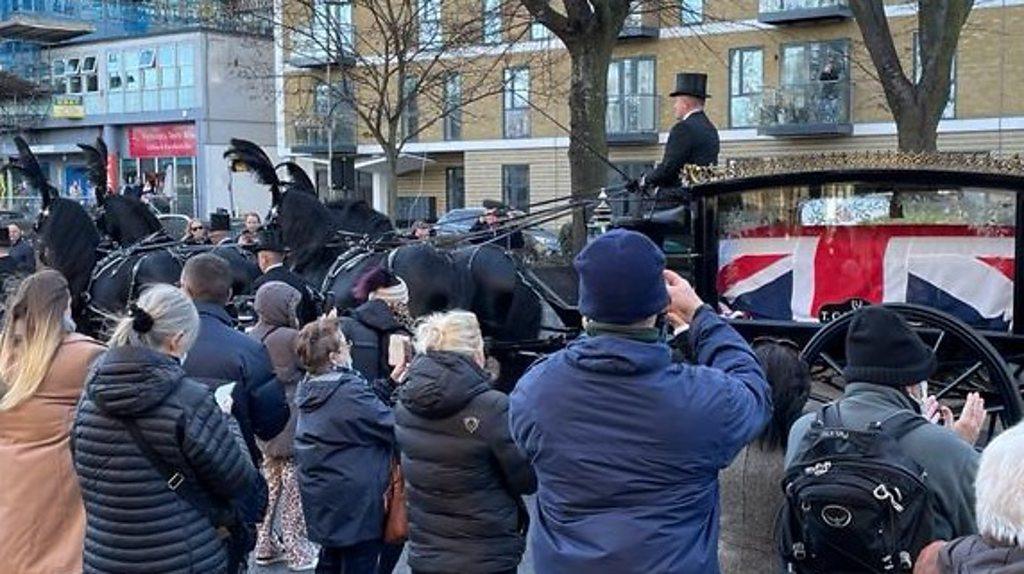
- Published22 November 2021
